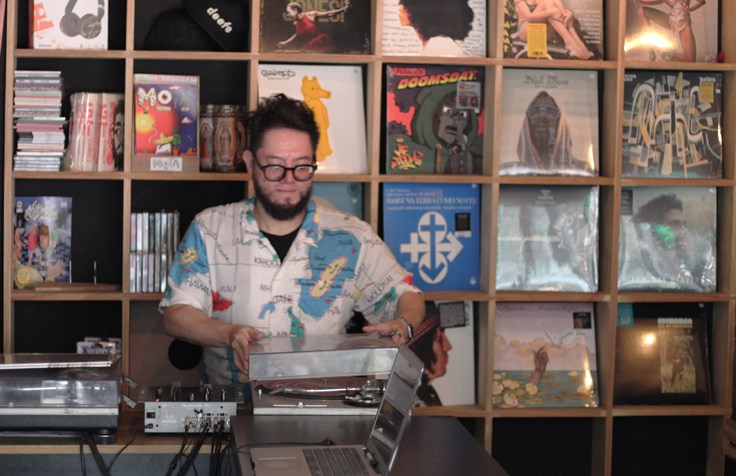Air quality. Well-being. How trees add value to city streets.
David Elliott is the CEO of Trees for Cities, a UK-based global charity that works with residents in cities—mainly in areas of social deprivation, where air pollution is a growing issue. The UN estimates that over 6 billion people are living with dangerous levels of pollutants in the air. Impacting the health of millions.
Using London as an example, David explained how the city’s high-rise buildings and dense, congested road network combine to make its air quality the most polluted in the country. The city is currently in breach of European air quality standards and working hard to improve its air. It’s estimated that thousands of London’s residents die prematurely because their health issues are complicated by air quality.
But it’s not all bad news, because every year, trees in London remove 2.4 million tons of pollution, such as carbon dioxide, dust, and gaseous toxins. A 2014 report published after the largest city tree survey of its kind, showed that trees in London provided “at least £133 million of benefits in terms of air pollution removal, carbon sequestration, and reducing the amount of water going into drains."
Trees in cities don’t just remove pollution and add greenery to often drab, built-up roads and buildings. They also reduce pollution like carbon dioxide from the air, release oxygen, reduce flooding, cool the temperature in summer and absorb traffic noise. They provide biodiversity, giving a habitat for birds and wildlife. They also provide a sense of well-being and make ordinary streets look beautiful.
Trees for Cities helps communities in urban areas by providing trees for local people to plant in their own neighborhoods. They offer expertise and support, but the people themselves are very involved in the planting.
David Elliott says, “Giving space for trees—particularly in areas of social deprivation—is not just about making social housing projects more attractive. It is about improving the lives of the people who live there. Getting people outside having fun and doing something that improves their local area gives them a sense of achievement and builds communities. It gives access to nature, helps people with depression and mental health issues. It makes life better for local people.”
Complex Issues
Cities aren’t the natural environment for trees. Streets and walkways need compacted soil to provide a firm base, but tree roots cannot grow and thrive in compacted soil. Planting a tree in compacted soil will not only damage the tree’s growth, it will cause the road or walkway to break and become uneven and dangerous for cars and pedestrians as the root seeks space to grow.
Solving the Problem
Wavin, part of Orbia’s community of companies, is taking a stand for trees by using its Q-Bic Plus to provide an innovative solution. Wim Vandecauster, projects and engineering manager, explains how this solution is being used to help trees: He said “It was originally designed to be a stormwater management solution, to remove flood water from surfaces such as roads. But, when the project team looked at the problem of trees in compacted soil, we realized that - by turning it upside down, just a few of these products can not only store water and subsoil for a tree, it protects their roots and provides space for growth, giving a newly planted tree time to establish itself and become strong. It is quick to install and adds solid space for the tree roots. It was a eureka' moment. We didn’t need to design a solution; we already had the solution!”
A Brighter Future for People, and Trees
In 2019, the municipality of Hasselt, in Belgium, will be the first city in the world to apply this innovative solution to a very old, and expensive, problem—how to protect the trees that line the city streets. Talking about the project, Wim says, “We are delighted to be assisting the city to establish more trees. These trees will outlast all of us involved, and that is an exciting thought. Long after we are all gone, the trees will stand as a legacy to the work we are doing here. They will continue to help mitigate the local impact of climate change and air pollution and give people living in cities a nicer place to live.”
George Orwell said that planting a tree “is a gift which you can make to posterity at almost no cost and with almost no trouble, and if the tree takes root it will far outlive the visible effect of any of your other actions, good or evil.” Wavin agrees. That's why they are committed to making life better for people who live in cities.






